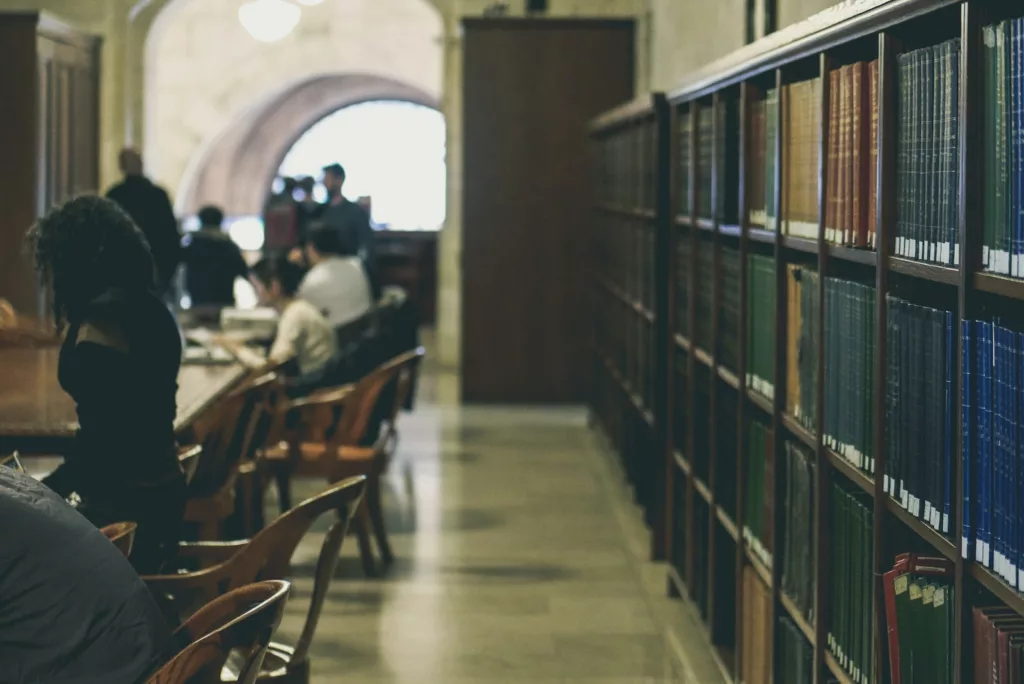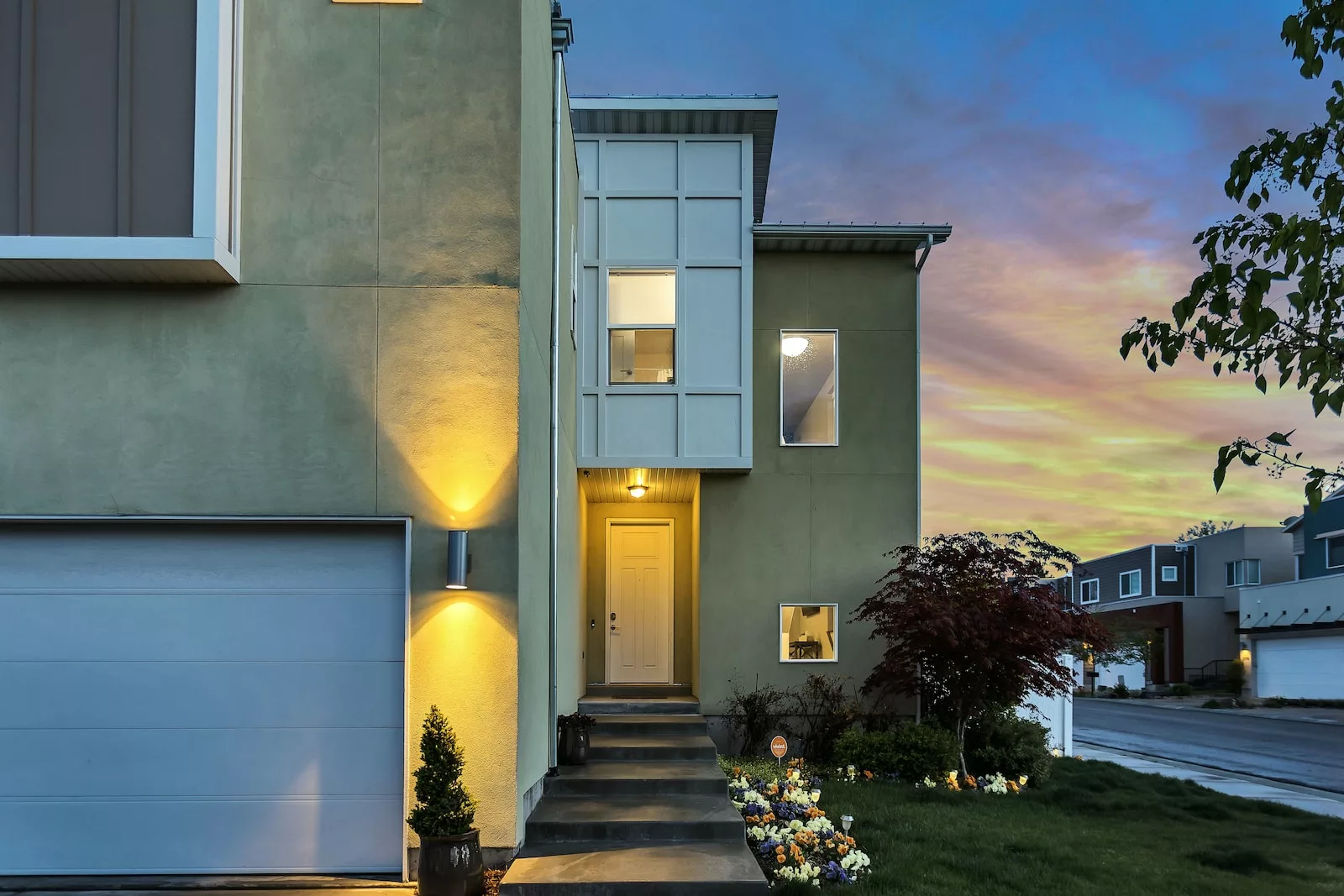Introduction
So before we discuss Renting vs Buying Singapore let’s talk about everything in depth. When it comes to finding a place to live in Singapore, one of the most common dilemmas is whether to rent or buy a property. This decision is influenced by various factors such as financial stability, long-term plans, and personal preferences. In this article, we will explore the advantages and disadvantages of both renting and buying in Singapore. By understanding the key considerations, you will be better equipped to make an informed decision that suits your needs and circumstances.
Understanding the Singapore Property Market

Before diving into the decision-making process, it’s essential to understand the unique characteristics of the Singapore property market. Singapore’s real estate landscape is known for its limited land supply and high property prices. The government implements various regulations to ensure stability and prevent speculation. These factors play a significant role in determining whether renting or buying is the more suitable option.
Advantages of Renting
Flexibility and Mobility
Renting offers unparalleled flexibility and mobility. If you value the freedom to move around or frequently change your living arrangements, renting is an attractive choice. It allows you to adapt to evolving circumstances, such as job relocations or lifestyle changes, without being tied down to a specific property.
Lower Initial Costs
Renting generally requires lower upfront costs compared to buying. When renting, you typically need to provide a security deposit and pay monthly rental fees. On the other hand, purchasing a property involves significant expenses such as down payments, stamp duties, legal fees, and agent commissions. Renting allows you to allocate your funds elsewhere, providing more financial flexibility in the short term.
Maintenance and Repair Responsibilities
One of the significant advantages of renting is that the landlord or property management is responsible for most maintenance and repair tasks. If any issues arise, such as plumbing problems or electrical faults, you can rely on the property owner or management to address them. This relieves you of the burden of costly repairs and upkeep.
Advantages of Buying

Long-term Investment
Buying a property in Singapore is often viewed as a long-term investment. By purchasing a property, you build equity over time and have the potential to benefit from capital appreciation. As property prices in Singapore have historically shown a steady upward trend, owning a home can be a valuable asset and a source of long-term financial stability.
Sense of Ownership
One of the most significant advantages of buying a property is the sense of ownership and the freedom to customize your living space. When you own a home, you have the autonomy to make structural changes, decorate according to your taste, and truly make it your own. This level of personalization and control over your living environment is unparalleled.
Potential for Capital Appreciation
Singapore’s property market has experienced periods of significant price growth in the past. While market conditions can fluctuate, owning a property provides the potential for capital appreciation. If the property’s value increases over time, you may benefit from a substantial return on investment when you decide to sell.
Factors to Consider in Singapore

Before making a decision, it’s crucial to evaluate your financial stability, long-term plans, and lifestyle preferences. Here are some factors to consider when deciding between renting and buying:
Financial Stability
Assess your financial situation, including your income, savings, and ability to handle long-term financial commitments. Buying a property often requires a substantial down payment and mortgage repayments, while renting typically involves a fixed monthly rental expense. Ensure that your finances can support the option you choose.
Long-term Plans
Consider your long-term plans and goals. If you envision settling down in Singapore for an extended period and desire stability and the potential for long-term financial growth, buying a property may align with your objectives. However, if you anticipate frequent relocations or prefer the flexibility to adapt to changing circumstances, renting might be more suitable.
Lifestyle and Preferences
Evaluate your lifestyle and personal preferences. Renting offers the flexibility to try different neighborhoods or living arrangements before committing to a specific location. If you prioritize variety, freedom, and minimal responsibilities, renting provides a hassle-free living experience. On the other hand, if you value stability, customization, and the sense of ownership, buying a property may better suit your preferences.
Renting vs Buying Singapore: A Comparative Analysis
To make an informed decision, let’s compare renting and buying based on several key aspects:
Affordability
Renting is often more affordable in the short term as it requires lower upfront costs. However, in the long run, buying can potentially be more cost-effective, especially if property prices appreciate significantly. Consider your budget and evaluate the affordability of both options based on your financial situation.
Return on Investment
While renting does not provide the potential for capital appreciation, it allows you to invest your funds in alternative assets. On the other hand, buying a property can offer significant returns if the market conditions are favorable. Carefully analyze the historical trends and future outlook of the housing market to assess the potential return on investment.
Housing Market Conditions
The current housing market conditions play a crucial role in the decision-making process. Analyze factors such as supply and demand, property price trends, and government regulations. Seek advice from real estate professionals or consult market reports to gain insights into the market dynamics and determine whether it’s a buyer’s or renter’s market.
Conclusion
Deciding between renting and buying a property in Singapore is a significant choice that depends on various factors. Renting provides flexibility, lower initial costs, and reduced maintenance responsibilities, while buying offers long-term investment potential, a sense of ownership, and potential capital appreciation. Consider your financial stability, long-term plans, and lifestyle preferences to make the decision that aligns with your goals. Whether you choose to rent or buy, Singapore offers a vibrant and diverse real estate market to suit every individual’s needs.
FAQs On Renting Vs Buying Singapore
- Is it better to rent or buy a property in Singapore?
- The decision depends on your financial stability, long-term plans, and lifestyle preferences. Renting offers flexibility and lower initial costs, while buying provides long-term investment potential and a sense of ownership.
- What are the upfront costs associated with buying a property in Singapore?
- Upfront costs when buying a property in Singapore include down payments, stamp duties, legal fees, and agent commissions.
- Can renting be a good long-term option?
- Renting can be a suitable long-term option for individuals who value flexibility, frequent relocations, and minimal responsibilities.
- Is buying a property in Singapore a good investment?
- Buying a property in Singapore has the potential to be a good long-term investment due to the historically stable and appreciating property market.
- How can I assess the housing market conditions in Singapore?
- Stay informed about the housing market by consulting real estate professionals, market reports, and analyzing factors such as supply and demand, property price trends, and government regulations.





